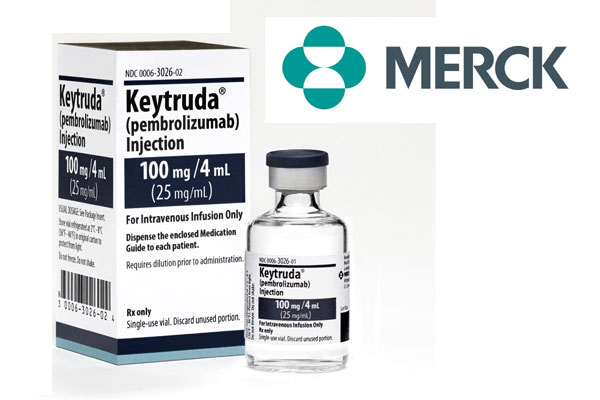Recent results show that the IO Biotech cancer vaccine—known as Cylembio—combined with Merck’s Keytruda has provided meaningful benefit in advanced melanoma patients. While the findings narrowly missed the predefined statistical threshold, they point toward real clinical value. In this article, we unpack these data, regulatory implications, patient impact, and the broader context in cancer immunotherapy.
Understanding the Clinical Findings
In the pivotal Phase III study, the IO Biotech cancer vaccine was evaluated in a first-line setting for advanced melanoma patients. The combination group enjoyed a median progression-free survival (PFS) of 19.4 months, compared to 11.0 months with Keytruda alone. These results show a clear clinical benefit, even though the statistical criteria were narrowly missed. The hazard ratio stood at 0.77 with a p-value of 0.056—just above the target threshold of p ≤ 0.045.
Although the primary endpoint wasn’t formally met, this improvement in PFS reflects a considerable and sustained treatment effect for patients.
Subgroup Results and Safety Profile
Delving into subgroups, the IO Biotech cancer vaccine demonstrated stronger outcomes in certain participants. Those who had never received prior checkpoint inhibitor treatment experienced a PFS of 24.8 months versus 11.0 months in the control arm, achieving nominal statistical significance.
The most encouraging findings appeared in patients with PD-L1 negative tumors. In this group, the vaccine combination extended median PFS to 16.6 months, compared to just 3.0 months for Keytruda alone—highlighting a particularly potent benefit in a difficult-to-treat cohort.
Importantly, the combination was well tolerated overall. No new safety issues were observed, underscoring that the IO Biotech cancer vaccine could offer enhanced efficacy without compromising patient safety.
Regulatory Outlook and Market Response
Despite not achieving the primary endpoint, IO Biotech is planning to meet with the U.S. Food and Drug Administration this fall. The company intends to discuss the full data package and explore potential regulatory pathways based on the totality of evidence.
Investor reaction was split. Shares rallied in pre-market trading, reflecting early optimism, but later showed volatility. This underscores the delicate balance between scientific promise and the weight of statistical thresholds.
Broader Implications in Cancer Vaccine Development
The IO Biotech cancer vaccine represents a next-generation therapeutic vaccine that is “off-the-shelf,” unlike personalized mRNA candidates. This positions it as potentially more scalable and accessible.
The positive signals in key subgroups—especially PD-L1 negative patients—highlight the need for nuance in interpreting trial data. Instead of dismissing a trial as “failed,” the findings suggest valuable signals for specific patient populations.
These results may influence future trial designs, encouraging regulators and researchers to consider adaptive strategies that accommodate subgroup efficacy while maintaining scientific rigor.
What Comes Next
Several developments will be crucial in the near future:
- FDA discussions could determine a viable path forward—perhaps accelerated, conditional, or subgroup-specific approval.
- Final overall survival data, expected within 6 to 9 months, may provide further validation.
- The company may decide to conduct additional trials or expand biomarker insights to fortify their case.
Regardless of the next steps, this trial underscores a growing trend in oncology: shifting from broad endpoint focus to precision-led outcomes.
Conclusion
The IO Biotech cancer vaccine trial underscores a compelling paradox. The primary endpoint was narrowly missed, but the underlying data—especially in defined subgroups and with a strong safety profile—offers genuine promise. If regulatory agencies and clinicians look beyond rigid thresholds and focus on clinical meaningfulness, this could mark an important step forward for cancer immunotherapy and vaccine strategies.
Read More






 Thursday, 22-01-26
Thursday, 22-01-26







